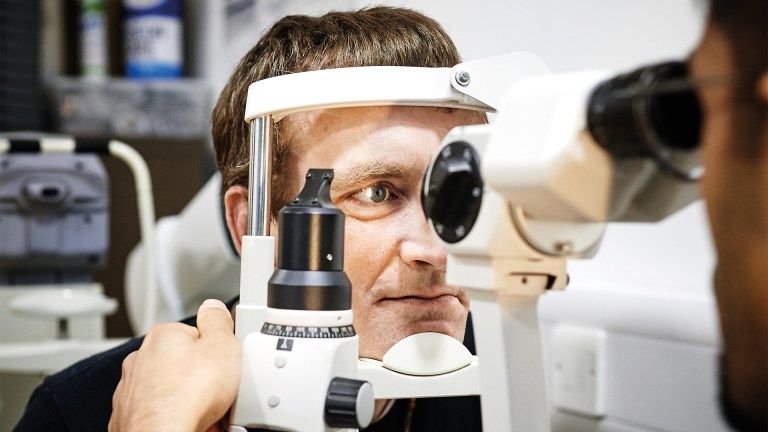When we say “blame the testosterone”, we are usually pointing the finger at this notorious hormone for some kind of stereotypically masculine misdemeanour: licentiousness, aggression, jostling for status, or bringing down the global financial system. We’re also generally referring to the actions of boys or men. When, after all, was the last time you heard someone say despairingly “it’s the testosterone” of something a woman did? Unless her transgression was to grow a beard, probably never. But is testosterone the powerful differentiator of men’s and women’s behaviour that we often assume it to be?
First of all, consider the differences in behaviour we often draw on testosterone to explain. While often differences between women and men cert-ainly do exist, they are much smaller than the differences in testosterone. This already tells us there is no simple ‘more testosterone = more masculinity’ equation that applies across the sexes.
Also, ‘masculinity’ doesn’t appear to come as a package deal. For example, although we think of risk-taking as a quintessential masculine trait (hence the express-ion ‘grow some balls’), people are idiosyncratic when it comes to which domains of risks appeal: the physical risk-taker isn’t necessarily a financial risk-taker, for instance. So what kind of risk-taker do we expect a high-testosterone person to be: a horse-rider or an entrepreneur?
Should we be surprised by the lack of a tight link between absolute testosterone level and masculine behaviour? Testosterone certainly affects the brain but the circulating level of testosterone is just one variable in a highly complex system. Potentially, other parts of this system may also differ between the sexes in ways that to some degree counter-balance men’s higher average circulating levels. (Different species likely tweak the system dials in the sexes in various ways.) Testosterone is also just one of many factors that feed into decision-making.
Even in some non-human animals, social context and experience can override its influence on behaviour – or stand in for testosterone’s absence.
And although we’re used to thinking of behaviour as ‘testosterone-fuelled’, testosterone levels can be responsive to our subjective perception of a situation, and behaviour itself. For instance, young men’s social background or developmental history seems to influence both the aggressiveness of their response to a provoking incident and the reactivity of their test-osterone level to it. Meanwhile, intimate fatherhood seems to lower testosterone levels.










